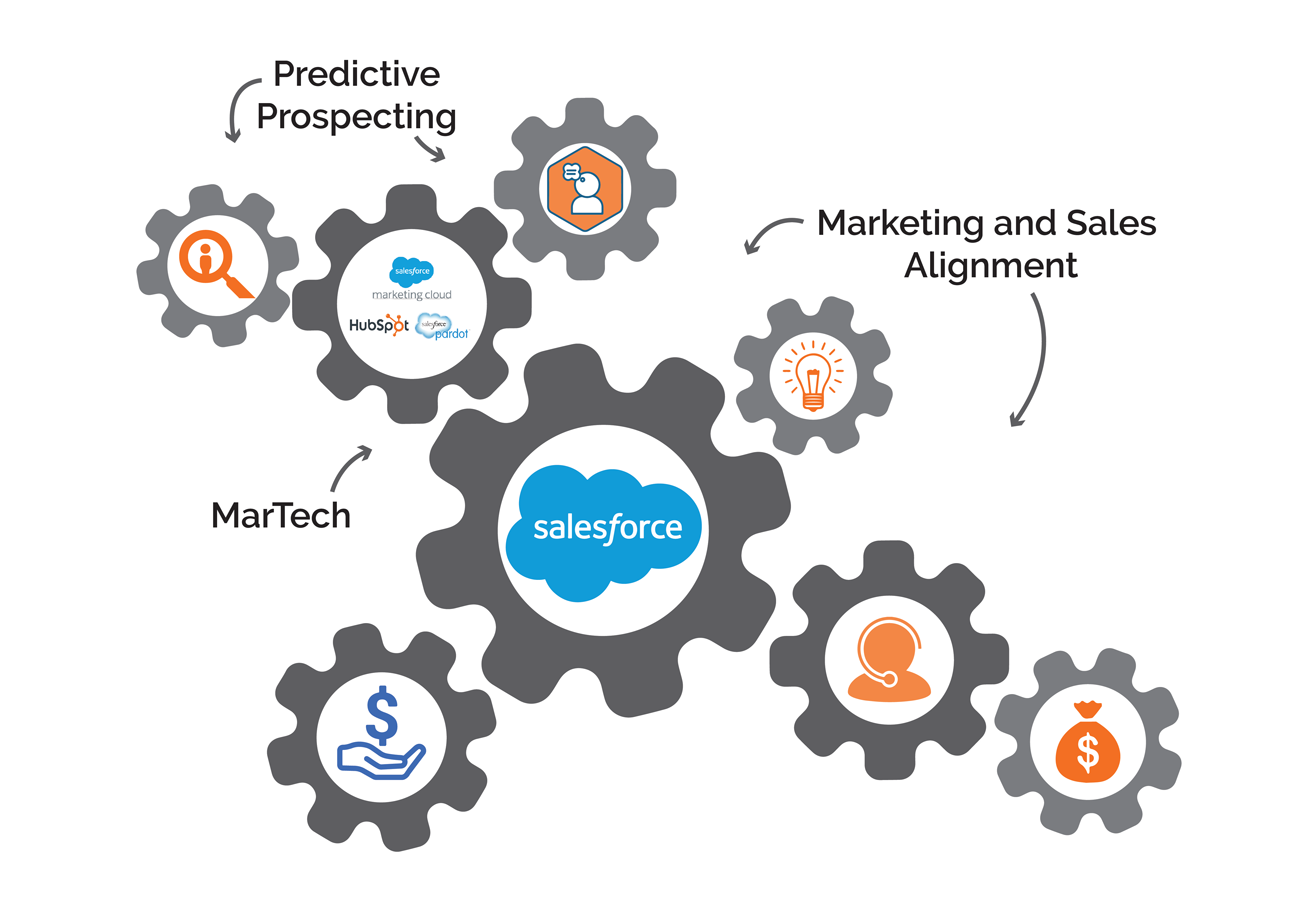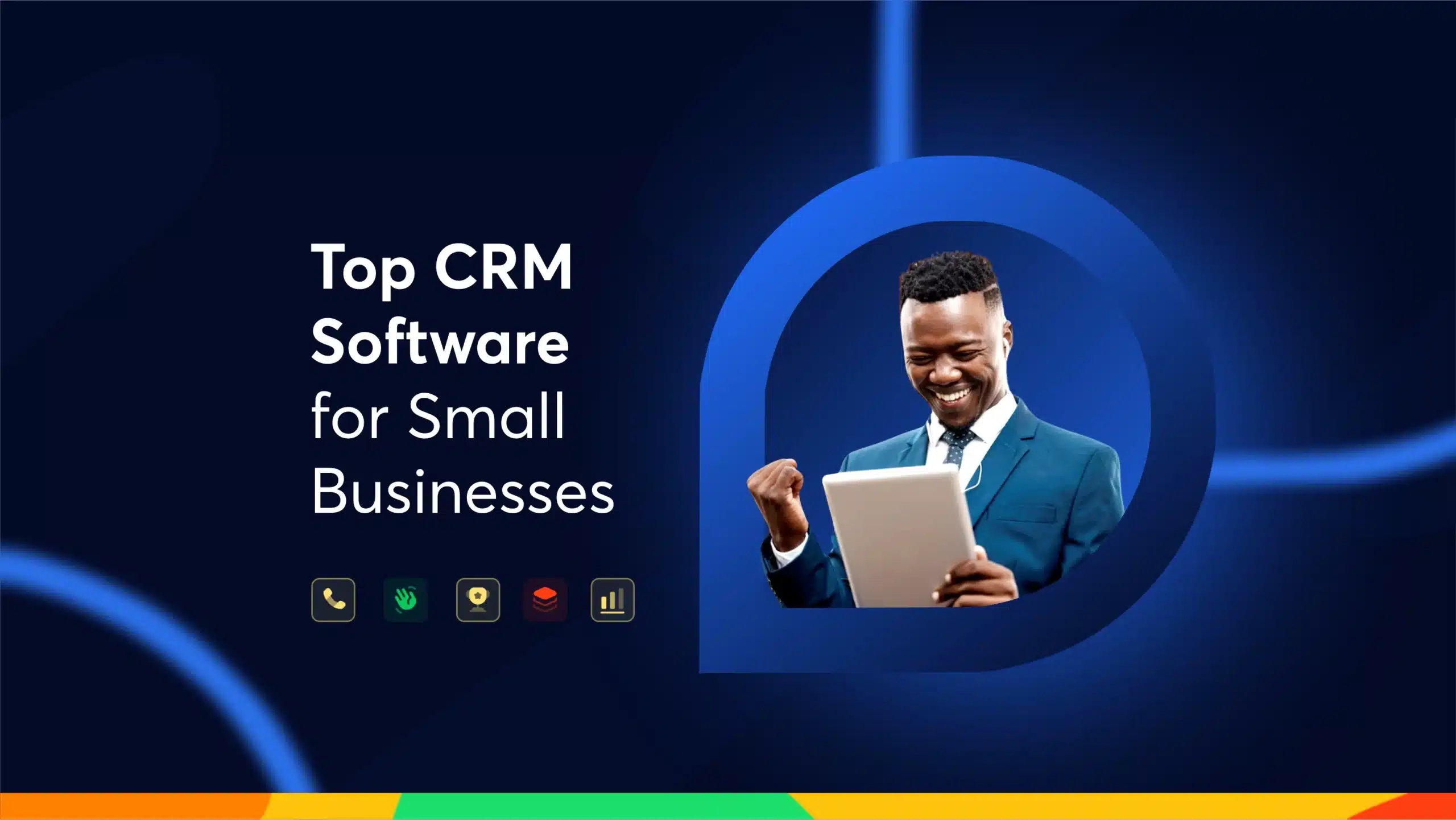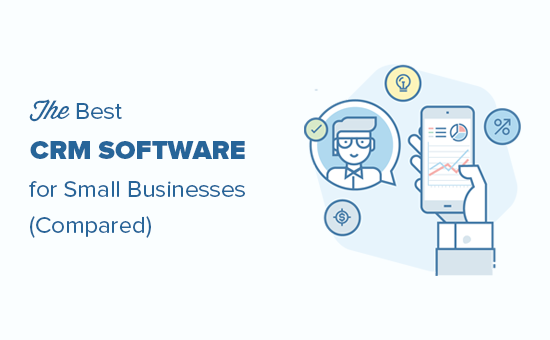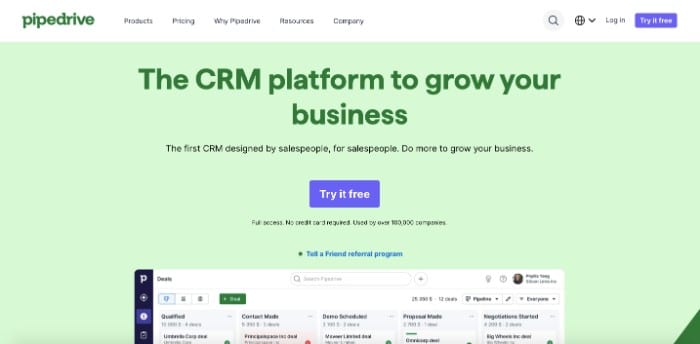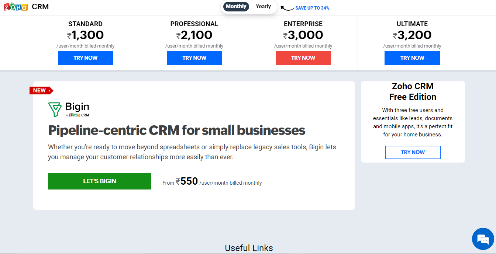The Ultimate Guide to the Best CRM for Small Nonprofits: Boost Your Impact
Running a small nonprofit is a labor of love. You’re passionate about your mission, dedicated to serving your community, and constantly juggling a million different tasks. From fundraising and donor management to program coordination and volunteer recruitment, the to-do list never seems to end. In the midst of all this, it’s easy for crucial details to slip through the cracks. That’s where a Customer Relationship Management (CRM) system comes in, but not just any CRM – the *best* CRM for small nonprofits. This guide is your comprehensive resource to navigate the often-complex world of CRM software, specifically tailored to the unique needs and budgetary constraints of smaller organizations. We’ll delve into what makes a CRM truly effective for a nonprofit, explore some of the top contenders, and provide you with the insights you need to make an informed decision that will empower your organization to thrive.
Why Does Your Small Nonprofit Need a CRM?
You might be thinking, “We’re a small team, do we really need a CRM?” The short answer is: absolutely. A CRM isn’t just for big corporations with massive budgets; it’s a critical tool for any organization, regardless of size, that aims to build stronger relationships, improve efficiency, and ultimately, maximize its impact. Here’s why a CRM is essential for your small nonprofit:
- Centralized Data: Imagine having all your donor information, volunteer details, program participants, and communication history in one secure, accessible place. No more scattered spreadsheets, lost emails, or forgotten conversations. A CRM acts as a central hub for all your critical data, making it easy to find what you need, when you need it.
- Improved Donor Management: Cultivating relationships with donors is vital for any nonprofit. A CRM allows you to track donations, manage communication preferences, segment your audience, and personalize your outreach efforts. This leads to increased donor retention and higher fundraising success.
- Streamlined Communication: Say goodbye to manual email blasts and generic newsletters. With a CRM, you can automate email campaigns, send targeted communications based on donor interests and giving history, and track the effectiveness of your messaging. This saves you time and ensures your message resonates with the right people.
- Enhanced Volunteer Management: Volunteers are the lifeblood of many nonprofits. A CRM can help you recruit, onboard, schedule, and communicate with your volunteers more effectively. You can track their hours, manage their skills, and recognize their contributions, fostering a stronger sense of community and appreciation.
- Data-Driven Decision Making: A CRM provides valuable insights into your organization’s performance. You can track fundraising trends, identify successful outreach strategies, and measure the impact of your programs. This data empowers you to make informed decisions, optimize your operations, and continuously improve your results.
- Increased Efficiency: By automating tasks, streamlining processes, and eliminating manual data entry, a CRM frees up your staff and volunteers to focus on what matters most: your mission. This leads to increased productivity, reduced errors, and a more efficient use of your resources.
Key Features to Look For in a CRM for Small Nonprofits
Not all CRMs are created equal. When choosing a CRM for your small nonprofit, it’s crucial to select one that offers the features and functionalities that align with your specific needs and budget. Here are some key features to consider:
- Contact Management: This is the foundation of any good CRM. Look for a system that allows you to easily store, organize, and access information about your donors, volunteers, program participants, and other stakeholders. Features like custom fields, segmentation, and search functionality are essential.
- Donation Tracking: The ability to track donations is paramount. Your CRM should allow you to record donations of all sizes, from all sources (online, offline, recurring), and generate reports on your fundraising performance.
- Communication Tools: Effective communication is key to building relationships. Look for a CRM that offers email marketing capabilities, allowing you to send targeted emails, newsletters, and automated campaigns. Integration with other communication channels, such as SMS and social media, is also a plus.
- Reporting and Analytics: Data is your friend. A good CRM should provide robust reporting and analytics tools that allow you to track key metrics, identify trends, and measure the impact of your programs. Look for customizable dashboards and the ability to generate detailed reports.
- Volunteer Management: If you rely on volunteers, make sure your CRM includes features for managing volunteers, such as recruitment, onboarding, scheduling, and tracking hours.
- Event Management: If you host events, consider a CRM with event management capabilities, such as online registration, ticketing, and communication tools.
- Integration Capabilities: Your CRM should integrate with other tools you use, such as your website, accounting software, and email marketing platform. This will streamline your workflow and eliminate the need for manual data entry.
- Mobile Accessibility: In today’s world, it’s important to be able to access your data from anywhere. Look for a CRM that offers a mobile app or a responsive web design that allows you to access your CRM from your smartphone or tablet.
- Ease of Use: Let’s face it, you and your team are busy. Choose a CRM that is easy to learn and use, with a user-friendly interface and intuitive navigation. Look for a system that offers training and support resources.
- Pricing and Affordability: Budget is always a consideration for nonprofits. Look for a CRM that offers a pricing plan that fits your budget. Many CRMs offer discounts for nonprofits, so be sure to ask. Consider the long-term cost of ownership, including implementation, training, and ongoing support.
Top CRM Choices for Small Nonprofits
Now that you know what to look for, let’s explore some of the top CRM choices for small nonprofits. We’ll consider their features, pricing, and suitability for different types of organizations. Remember, the best CRM for you will depend on your specific needs and priorities. This is not an exhaustive list, but it represents some of the most popular and well-regarded options in the market.
1. Bloomerang
Bloomerang is a CRM specifically designed for nonprofits, with a strong focus on donor retention and relationship management. It’s known for its user-friendly interface, intuitive features, and excellent customer support.
- Key Features: Donor management, fundraising tools, email marketing, reporting and analytics, volunteer management, online giving forms, and integration with popular accounting software.
- Pros: Specifically designed for nonprofits, user-friendly, excellent customer support, focus on donor retention, robust reporting capabilities, and integrates well with other systems.
- Cons: Can be more expensive than some other options, some advanced features may require add-ons.
- Pricing: Bloomerang offers a tiered pricing structure based on the number of contacts and features needed. They have a specific pricing plan for small nonprofits.
- Ideal for: Nonprofits that prioritize donor relationship management, fundraising, and data-driven decision-making. Organizations looking for a user-friendly and feature-rich CRM.
2. Neon CRM
Neon CRM is a comprehensive CRM solution that offers a wide range of features for nonprofits of all sizes. It’s known for its flexibility, customization options, and strong event management capabilities.
- Key Features: Contact management, donation tracking, email marketing, event management, volunteer management, membership management, online giving forms, and reporting and analytics.
- Pros: Comprehensive feature set, highly customizable, strong event management capabilities, robust reporting, and integrates with a variety of third-party applications.
- Cons: Can have a steeper learning curve than some other options, the interface may feel overwhelming to some users.
- Pricing: Neon CRM offers a tiered pricing structure based on the number of contacts and features needed. They offer a discount for nonprofits.
- Ideal for: Nonprofits that need a comprehensive CRM solution with a wide range of features, especially those that host events or manage memberships. Organizations that require a high degree of customization.
3. Kindful
Kindful is a user-friendly CRM that’s designed to be easy to set up and use. It’s a great option for small nonprofits that are looking for a simple and affordable solution.
- Key Features: Contact management, donation tracking, email marketing, reporting and analytics, online giving forms, and integration with popular accounting software.
- Pros: Easy to set up and use, affordable pricing, user-friendly interface, good customer support, and integrates with popular tools.
- Cons: May lack some of the advanced features of other CRMs, limited customization options.
- Pricing: Kindful offers a tiered pricing structure based on the number of contacts. They offer a discount for nonprofits.
- Ideal for: Small nonprofits that are looking for a simple, affordable, and user-friendly CRM. Organizations that prioritize ease of use and quick setup.
4. Salesforce.org (Nonprofit Cloud)
Salesforce.org is a powerful CRM platform that offers a free version for eligible nonprofits. It’s a robust and customizable solution that can be tailored to meet the needs of even the most complex organizations.
- Key Features: Contact management, donation tracking, volunteer management, program management, grant management, reporting and analytics, and a wide range of customization options.
- Pros: Powerful and customizable, free version available for eligible nonprofits, extensive features, a large ecosystem of apps and integrations.
- Cons: Can have a steep learning curve, implementation can be complex, and the free version has some limitations.
- Pricing: Salesforce.org offers a free version for eligible nonprofits. Paid versions are available with additional features.
- Ideal for: Nonprofits that need a powerful and customizable CRM solution, especially those with complex needs or large budgets. Organizations that are willing to invest time and resources in implementation and training.
5. Aplos
Aplos is an accounting and CRM software designed specifically for churches and nonprofits. It combines accounting and CRM features in a single platform, making it a good choice for organizations that want an integrated solution.
- Key Features: Contact management, donation tracking, accounting, financial reporting, email marketing, and event management.
- Pros: Integrated accounting and CRM, user-friendly interface, affordable pricing, and designed specifically for churches and nonprofits.
- Cons: Limited features compared to some other CRMs, may not be suitable for all types of nonprofits.
- Pricing: Aplos offers a tiered pricing structure based on the number of contacts and features needed.
- Ideal for: Churches and nonprofits that want an integrated accounting and CRM solution. Organizations that prioritize ease of use and affordability.
How to Choose the Right CRM for Your Small Nonprofit
Choosing the right CRM is a big decision, but it doesn’t have to be overwhelming. Here’s a step-by-step guide to help you make the right choice:
- Assess Your Needs: Before you start looking at CRM options, take some time to assess your organization’s needs. What are your current challenges? What are your goals? What features are essential? Make a list of your must-have features and nice-to-have features.
- Define Your Budget: Determine how much you can afford to spend on a CRM. Consider the initial implementation costs, ongoing subscription fees, training costs, and any other associated expenses. Remember to factor in the potential return on investment (ROI) of a CRM.
- Research Your Options: Research the different CRM options available, focusing on those that are specifically designed for nonprofits. Read reviews, compare features, and look for options that align with your needs and budget.
- Request Demos and Trials: Once you’ve narrowed down your choices, request demos or free trials of the CRM systems you’re considering. This will allow you to get a hands-on feel for the software and see if it’s a good fit for your organization.
- Consider Integration: Think about how the CRM will integrate with your existing systems, such as your website, accounting software, and email marketing platform. Make sure the CRM you choose offers the integrations you need.
- Evaluate Customer Support: Customer support is crucial. Make sure the CRM provider offers adequate support, including training, documentation, and responsive customer service.
- Get Feedback from Your Team: Involve your team in the decision-making process. Ask them for their input on the different CRM options and get their feedback on ease of use and functionality.
- Make Your Decision and Implement: Once you’ve evaluated your options and gathered feedback from your team, make your decision and start the implementation process. Develop a plan for data migration, training, and ongoing support.
Tips for Successfully Implementing a CRM
Implementing a CRM can be a significant undertaking, but with careful planning and execution, you can ensure a smooth transition. Here are some tips for a successful implementation:
- Plan Ahead: Create a detailed implementation plan that outlines the steps involved, the timeline, and the responsibilities of each team member.
- Clean Your Data: Before you migrate your data to the new CRM, clean it up. Remove duplicates, correct errors, and standardize your data format.
- Train Your Team: Provide comprehensive training to your team on how to use the new CRM. Offer ongoing support and resources.
- Start Small: Don’t try to implement all features at once. Start with the essential features and gradually add more features as your team becomes comfortable with the system.
- Customize Your CRM: Customize the CRM to meet your specific needs. Configure the system to match your workflows and processes.
- Get Feedback and Iterate: Regularly gather feedback from your team on how the CRM is working and make adjustments as needed. Continuously improve your processes and optimize your use of the CRM.
- Stay Patient: Implementing a CRM takes time and effort. Be patient with your team and allow them time to adjust to the new system.
The Long-Term Benefits of a CRM for Your Nonprofit
The initial investment in a CRM for your nonprofit may seem daunting, but the long-term benefits far outweigh the costs. By implementing a CRM, you’ll be able to:
- Build Stronger Relationships: A CRM allows you to build stronger relationships with your donors, volunteers, and program participants. You’ll be able to personalize your communication, track your interactions, and show your appreciation for their support.
- Increase Fundraising Success: A CRM can help you increase your fundraising success by providing you with the tools you need to manage your donors, track donations, and analyze your fundraising performance.
- Improve Efficiency: A CRM can streamline your workflows, automate tasks, and eliminate manual data entry, freeing up your staff and volunteers to focus on your mission.
- Make Data-Driven Decisions: A CRM provides you with the data you need to make informed decisions about your programs, fundraising strategies, and overall operations.
- Maximize Your Impact: Ultimately, a CRM can help you maximize your impact by enabling you to serve your community more effectively, build stronger relationships, and achieve your mission.
Choosing the right CRM for your small nonprofit is an important decision, but it’s one that can pay off handsomely in the long run. By taking the time to assess your needs, research your options, and implement the system effectively, you can empower your organization to thrive and make a real difference in the world. Don’t hesitate to take the leap and invest in a CRM – it’s an investment in your organization’s future.

